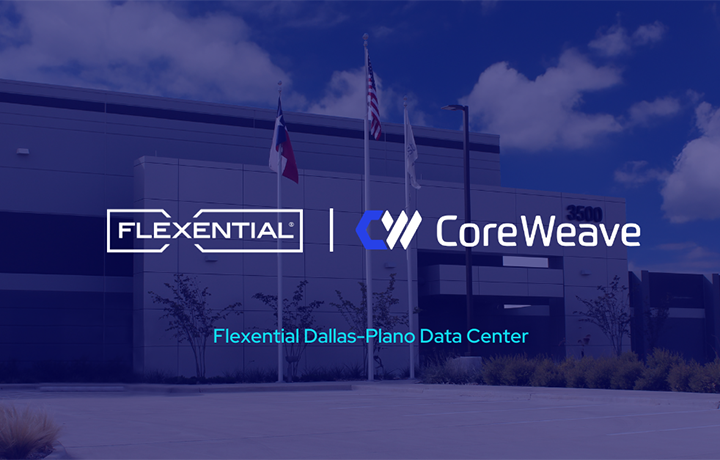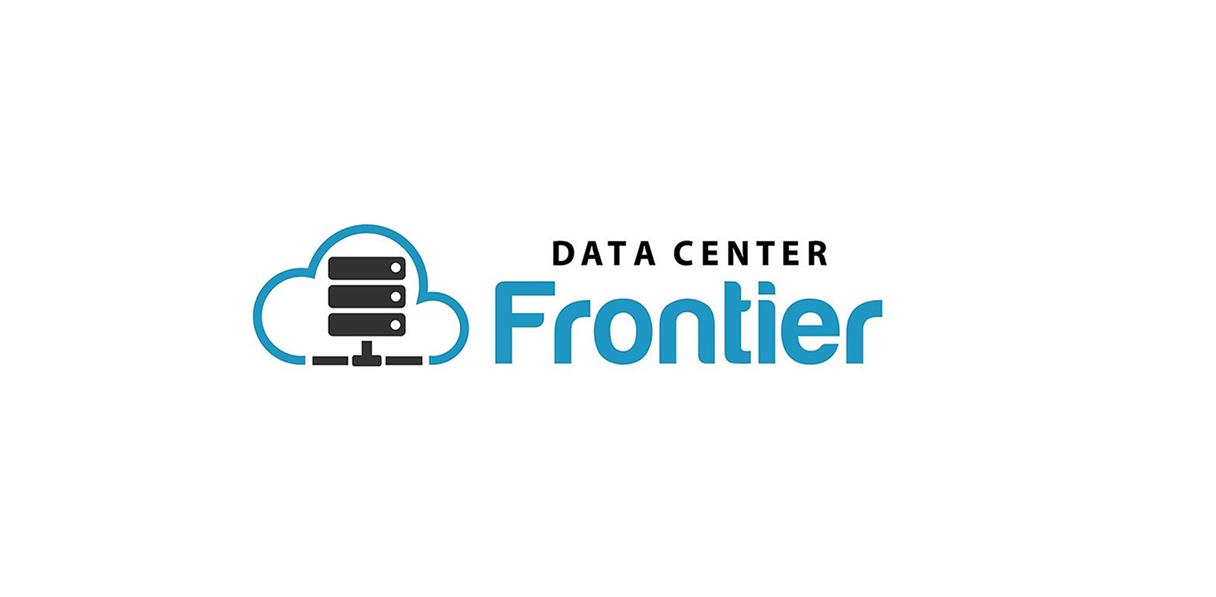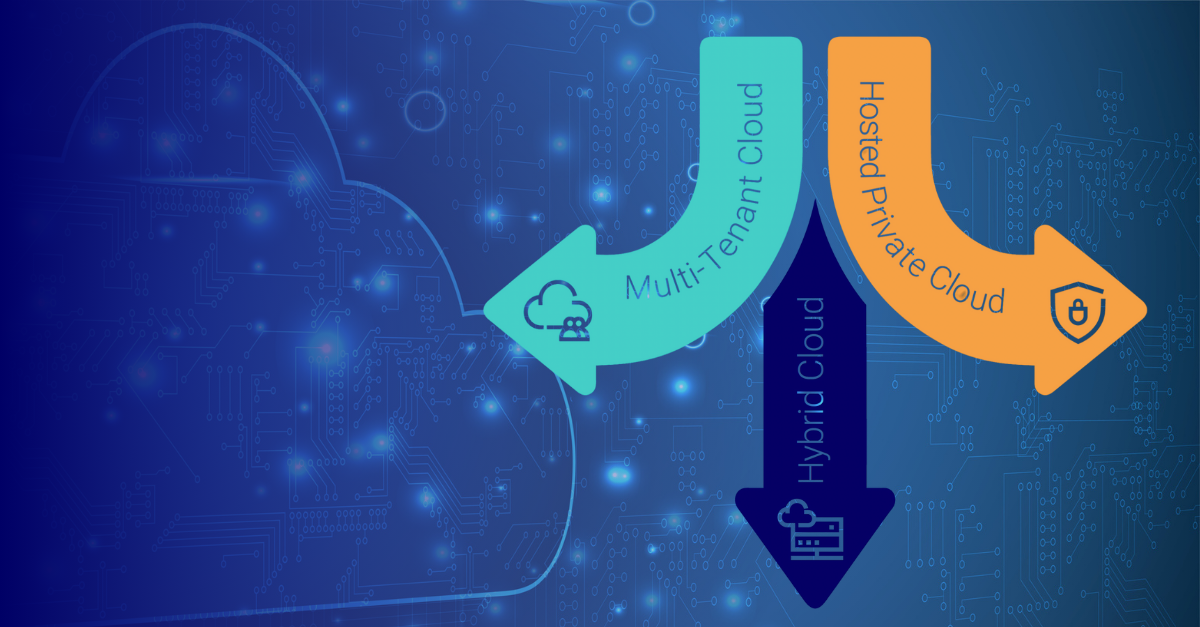Evaluating multicloud connectivity solutions
Demand for cloud services continues to rise with enterprises realizing a multicloud strategy is crucial to optimizing cloud computing capabilities.

According to Gartner, “By 2027, more than 50% of enterprises will use industry cloud platforms to accelerate their business initiatives.” As businesses diversify their cloud deployments, they also need to reevaluate their connectivity strategies.
To improve the efficacy and performance of a multicloud strategy, businesses need to consider how to connect to these diverse clouds to promote an effective, high-performing cloud ecosystem that aligns with business expectations. Whether success for your organization is measured by improved performance, cost savings, or delivery time, achieving these metrics requires a level of knowledge and experience your organization may not have internally.
Consider the following when evaluating multicloud connectivity solutions.
Does your data center provider offer a national footprint?
Connecting your business everywhere it needs to be without introducing unnecessary latency can be a challenge. A data center provider with a national footprint can offer the network and diverse locations to access leading cloud service providers near concentrations of users to minimize latency and improve the end-user experience. It can also provide a geo-diverse disaster recovery (DR) solution.
Using a single provider to connect to multiple regions can simplify vendor management for your IT team.
Does your data center provider own and manage their network?
Businesses want to be able to control and consume connectivity the same way they consume compute resources. As a result, control over the network that provides the connections continues to be a driver for businesses evaluating cloud connectivity. Data center providers that own and manage their own network infrastructure offer enhanced security and control over the connections and are accountable for its performance if an issue occurs.
The public internet lacks this control and can introduce unwanted latency, lackluster performance, and potential risk to your connectivity strategy.
How easily can you scale connectivity?
To address continually evolving business demands, businesses need to be able to quickly and easily scale capacity and add new cloud connections as needed. The ability to scale bandwidth in either direction, on demand, can be pivotal in optimizing performance and controlling costs.
While many businesses need to scale a connection to match business growth, some businesses require additional capacity in the short term. Online retailers may scale up capacity during the holiday season and scale it back down when the season ends. DevOps can increase capacity to support a sandbox environment and return it to normal when testing is complete.
In addition to ensuring peak performance, this flexibility can also keep expenses in check, as network-as-a-service (NaaS) connectivity solutions offer usage-based billing.
The ease of this elasticity is equally important. Data center providers that offer user-friendly, self-service interfaces can help speed deployment time and promote efficiency.
Does your colocation provider offer professional services?
If your business lacks the internal expertise to devise a connected multicloud infrastructure on its own, consider leveraging the expertise of a professional services team. Regardless of the complexity of your needs, these skilled professionals can provide your business with the level of support you need as you design and implement your multicloud connectivity environment—from outlining your connectivity options to successfully configuring, testing, and turning up the service.
Flexential Cloud Fabric: Delivering secure, scalable connectivity
Flexential’s Cloud Fabric is a NaaS solution that allows your business to seamlessly connect to cloud service providers using Flexential’s dedicated 100 gigabytes per second (Gbps) network backbone across its portfolio of 40+ data centers in 19 locations. With Cloud Fabric, businesses can quickly procure a physical port from Flexential and use its self-service interface to establish any number of flexible, secure virtual connections to Amazon Web Services (AWS), Microsoft Azure, Google Cloud, and Oracle Cloud. The portal also allows your business to scale capacity on demand and view the status of your connections using the web, an API, or a mobile device.
The Flexential private network also ensures heightened control over the security and performance of your connections. The combination of Cloud Fabric and Flexential’s geographically diverse data centers allows your organization to leverage a single provider to reach the places your business needs to go. This eliminates reliance on third-party solutions, providing a single partner to work with as you continue to strengthen and define your digital strategy.
Cloud Fabric is also prorated to the day, allowing your business to scale capacity as required while only paying for what you use—offering significant cost savings over a dedicated connection. Flexential’s single, consolidated bill also simplifies invoice management for your IT and accounting teams.
Learn more about Flexential Cloud Fabric and how it can help your business achieve your connectivity strategy.







